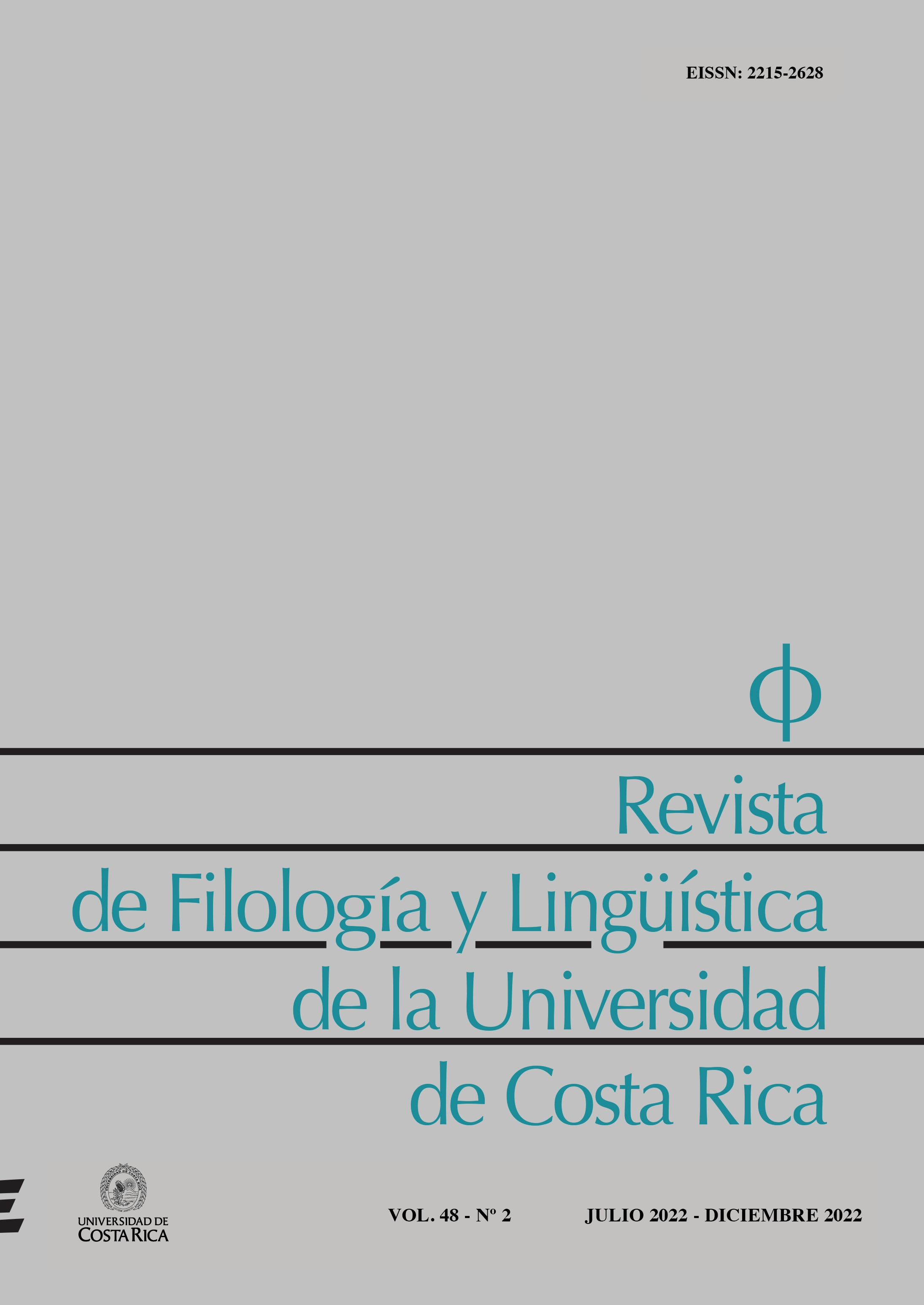Abstract
Li Qingzhao (李清照), a poet of the Song dynasty (960-1279), who is an emblematic figure in the history of Chinese poetry. Her well-known works are not only the subject of extensive and in-depth research in China but have also been widely spread abroad and read by many readers in other cultures. In the Hispanic world, the translation and dissemination of her compositions are also considerable. This article aims to carry out a comparative study of the nine existing Spanish versions of her representative poem, “Una rama de ciruelo” (一剪梅·红藕香残玉簟秋). Our work focuses on the strategies applied in the translation of stylistic form and metaphorical cultural elements. We perceive that, the translators have chosen different strategies and techniques, and their main objectives consist of making the translation balanced in «fidelity» and «acceptability», not only in relation to the structure but also to the meaning.


